pviramontes
-
Politics
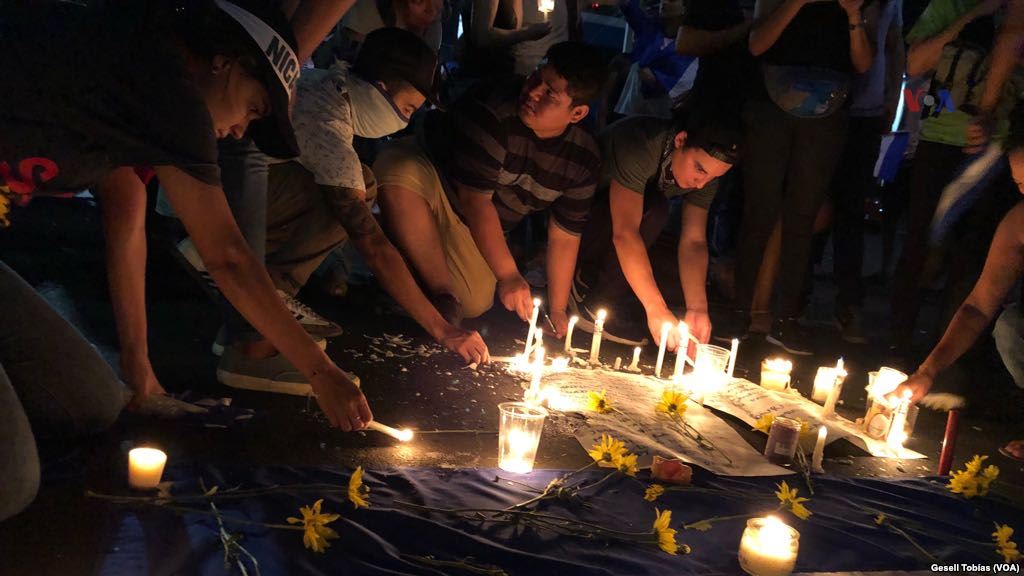
Nicaragua in Revolt
Using the streets as avenues towards empowering their voice, those excluded were forced to be heard. Eventually, after deaths and…
Read More » -
International News

A Repeated History? Signs Point Towards a Fascist Future in Italy
In the midst of election news, the future of migrants, refugees, and asylum seekers is muddled. The insecurities and anxieties…
Read More » -
Politics

100 Years in Limbo
It is not a coincidence that Puerto Rico, an island composed primarily of latinxs, is being ignored. Nor is it…
Read More » -
Politics
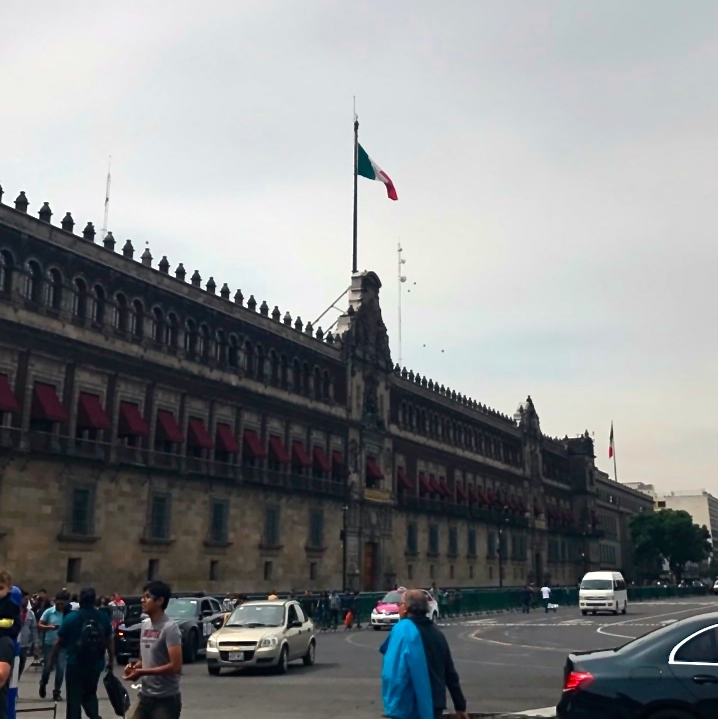
The Death of Free Press in Mexico
The threat of death and increased government vigilance have triggered fear and self-censorship, discouraging journalists from speaking out against corruption.…
Read More » -
Politics

¡Viva Venezuela!: A Nation in Uproar
The growing protests in Venezuelan cities reflect the collision of a weak economy and deteriorating democracy: they are the result…
Read More » -
Politics
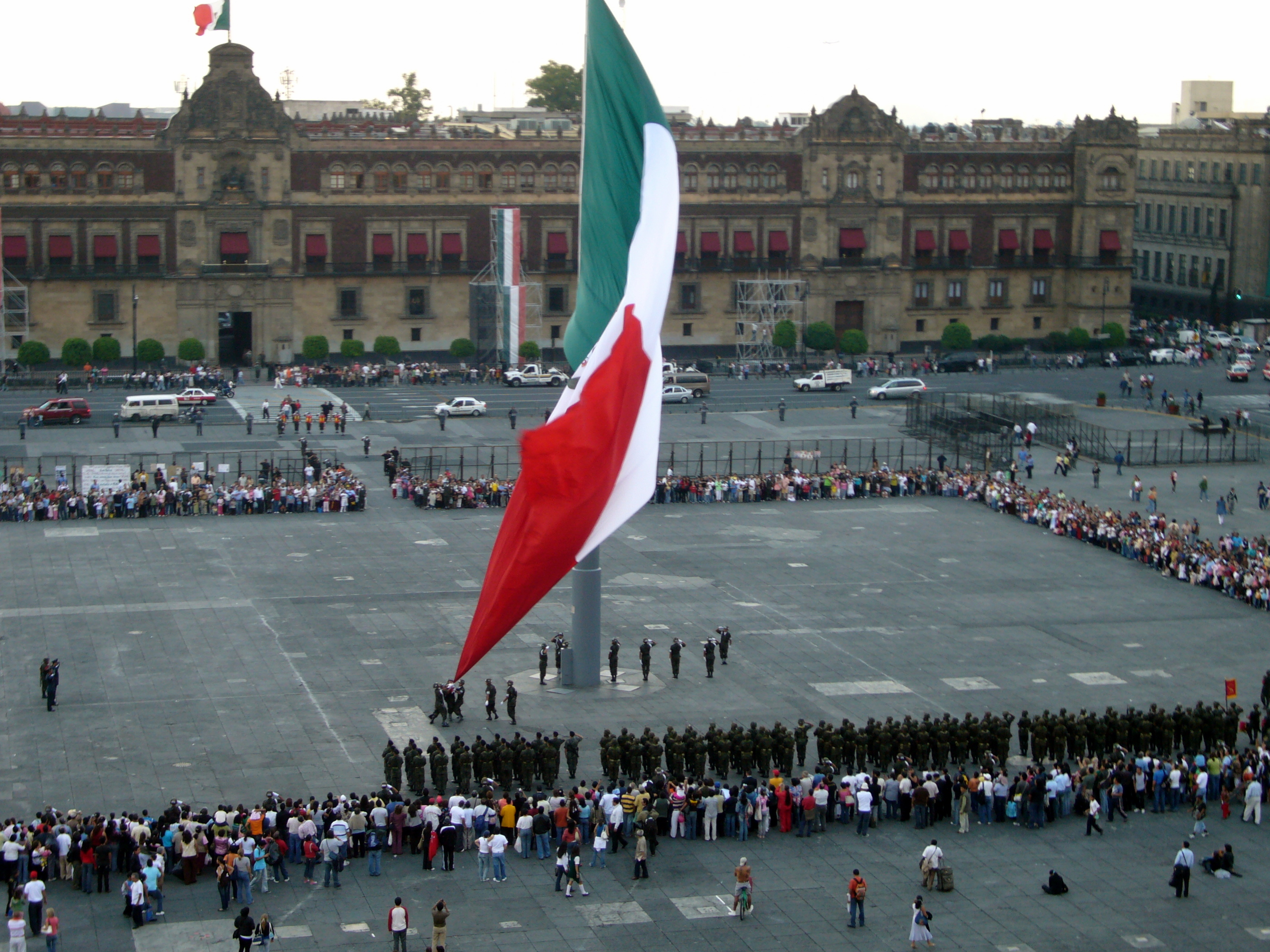
Looking Ahead: The Anti-Establishment Sentiment in Mexico’s 2018 Election
In accordance with widespread anti-elite sentiment, the Morena candidate has gained support from poor citizens as he attacks corrupt politicians,…
Read More » -
Politics

Proposed Ballot Measure Highlights Anti-Immigrant Sentiment
In early April of this year, a man from Yucaipa, California proposed a ballot measure to deny undocumented children access…
Read More » -
Politics
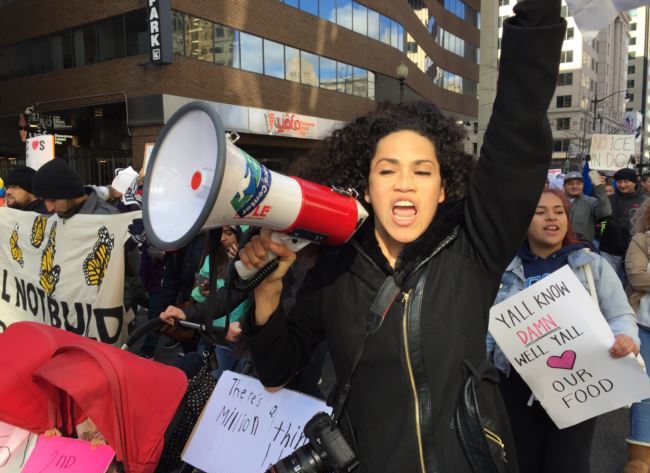
Vigilance Still Matters in “Sanctuary Cities”
Making a city a sanctuary for undocumented people requires more than just the title. While promises to protect undocumented communities…
Read More » -
Politics
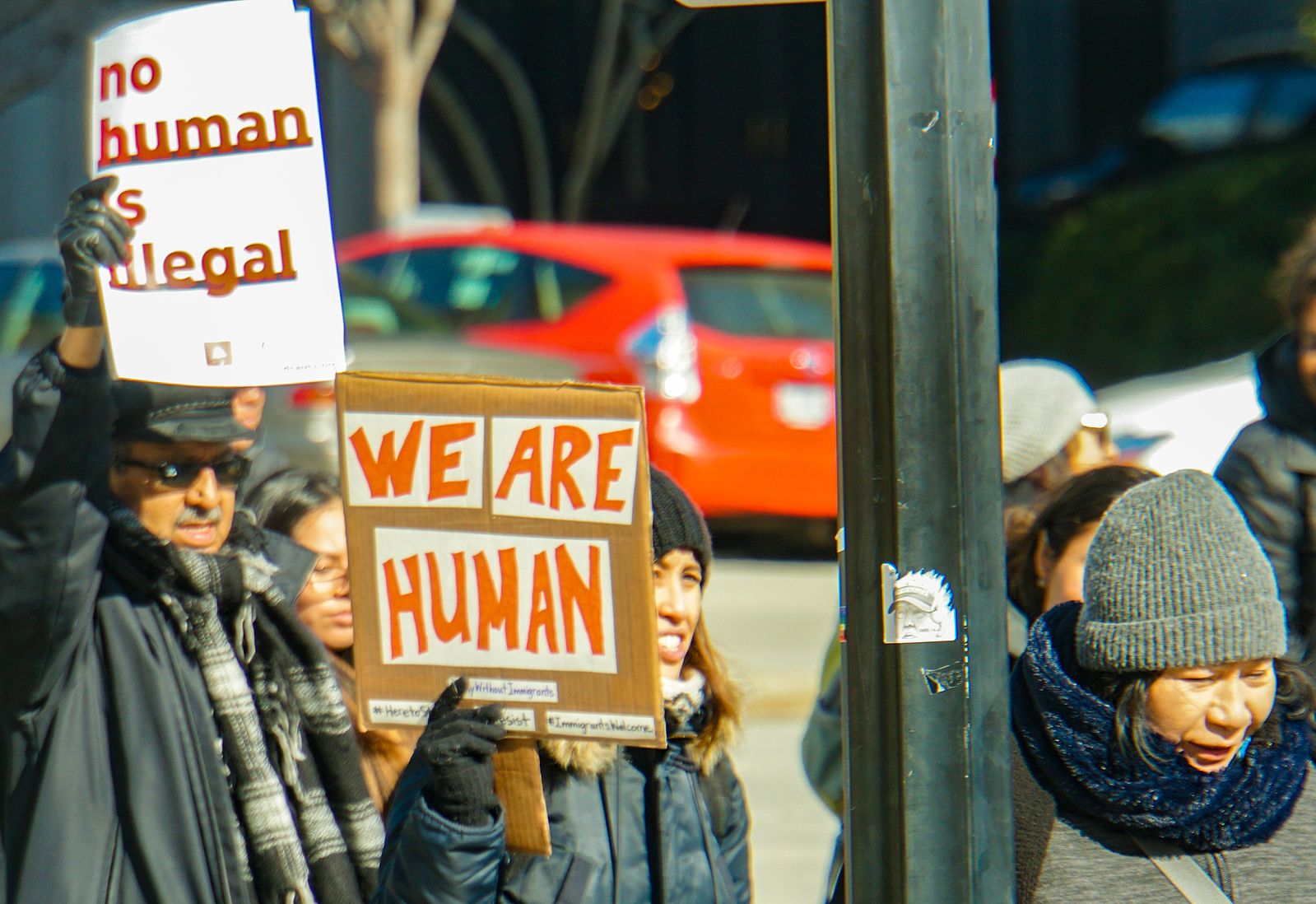
Trump’s Executive Order and the Rise of Private Immigrant Detention Facilities
In the eyes of for-profit prisons, Trump’s order ensures large numbers of immigrant detainees in detention facilities. If the order…
Read More » -
Politics

Gentrification’s Next Target: Inglewood, CA
Gentrification thrives off internalized racism; regardless of the true economic class of marginalized communities, minorities stereotypically represent poverty.
Read More »
